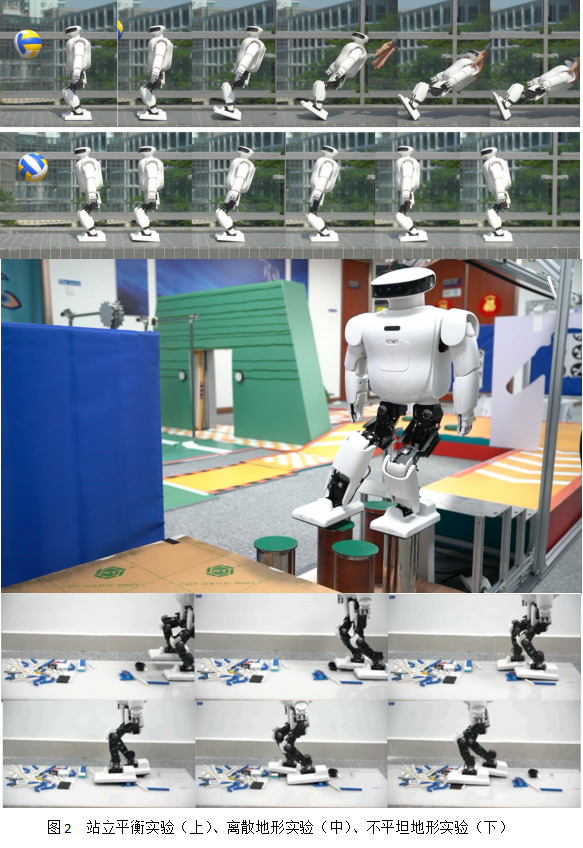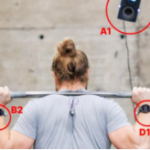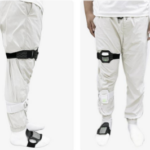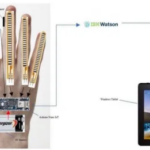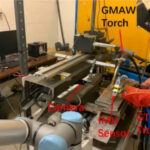Most small humanoid robots are unable to detect ground conditions accurately and can barely walk on uneven terrain. To solve this problem, Zhicheng He's research team from China has proposed a walking control framework based on center-of-mass momentum distribution to help improve the motion stability of small humanoid robots. The control framework consists of three controllers: a momentum decrement controller, a pose controller, and a guide controller, and uses a MEMS-based IMU (inertial measurement unit) and a joint position encoder to calculate the center-of-mass momentum.

